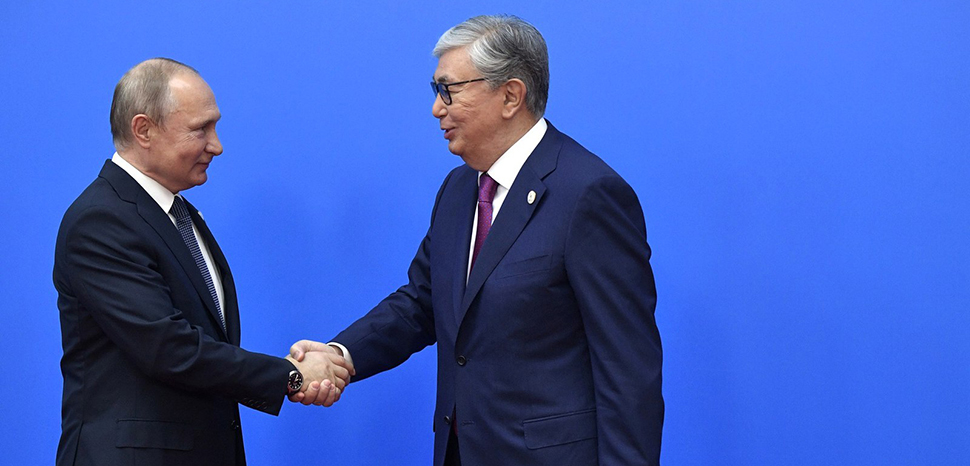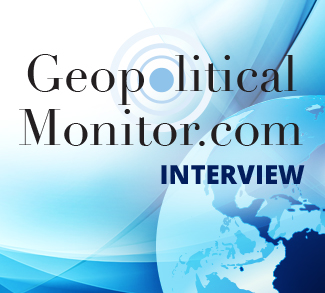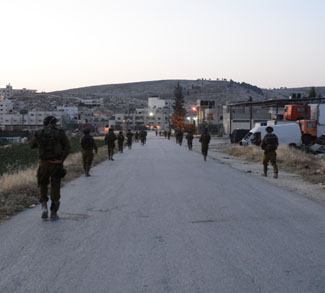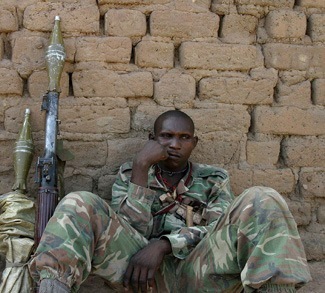The presidential elections in Kazakhstan occurred as expected, with President Kassym-Jomart Tokayev being re-elected for a new period from 2022-2029. Meanwhile, the Ukraine war enters its first winter campaign. Russia’s invasion of Ukraine has been problematic for Russia’s neighbors, particularly non-NATO members like Kazakhstan. How will Astana deal with Moscow going forward in Tokayev’s new term?
Understanding the complex Astana-Moscow relationship
In a 15 October Facebook post, disgraced Kazakhstan businessman Mukhtar Ablyazov made a provocative assertion, accusing Tokayev of being President Vladimir Putin’s “furniture.” The accusation was a response to Tokayev’s announcement that 2023 will be “the year of the Russian language.” Ablyazov also criticized former President Nursultan Nazarbayev (1991-2019), arguing that he “dragged our country into the Collective Security Treaty Organization and the Eurasian Economic Union.” Finally, he asked Kazakhstanis if they would “tolerate a president for whom the interests of a foreign state are above the interests of local citizens.”
These statements demand a discussion of this complex relationship. On the hand, Kazakhstan and Russia have continued to have strong relations since the dissolution of the Soviet Union. Bilateral trade reached $24.2 billion in 2021 (for comparison, US-Kazakhstan trade was around $2.5 billion the same year.) The two countries also have strong defense ties, as Kazakhstan participated in the Moscow-sponsored Army Games military exercises in August. Finally, while Kazakhstan has not supported Russia’s invasion of Ukraine, Astana has not condemned it either, voting against or abstaining from voting in the United Nations when the issue is debated.
Indeed, Kazakhstan is a member of the Eurasian Economic Union (EAEU) and CSTO. However, the country is also a member of other blocs, like the Organization of Turkic States (OTS) and the Conference on Interaction and Building Measures in Asia (CICA), which organized a summit in Astana in October.
Thus, while there is an obvious close relationship between the two countries, Kazakhstan has not acted like Belarus, which has openly supported Russia during the war. Moscow and Minsk have even flirted with the possibility of creating a super-state. Since the war commenced, and due to international sanctions against Russia, Kazakhstan has looked for new partners and routes to reach global markets. Hence Astana is betting heavily on the Trans-Caspian International Transport Route, which brings together Azerbaijan, Georgia, Kazakhstan, and Turkey. “Kazakhstan hopes to deliver up to 1.5 million tons of oil through the Baku-Tbilisi-Ceyhan pipeline in 2023 as part of growing efforts to find export routes bypassing Russia,” recently reported Eurasianet.
There is one more obvious issue to keep in mind here. The elephant (or bear) in the room, maintaining cordial relations with Russia, is necessary for Kazakhstan’s national integrity. Already prominent Russian politicians, including former president Dmitry Medvedev, and celebrities have criticized Astana’s lack of support for the war, suggesting that Kazakhstan could suffer a similar fate as Ukraine if Astana does not support Moscow more openly. As it currently stands, Kazakhstan has banned its citizens from participating in the war. Moreover, millions of ethnic Russians live in northern Kazakhstan; a concern is that Moscow could utilize the pretext of protecting its kin to justify a future military operation against the country, as has happened with Ukraine. (Curiously, tens of thousands of Russian citizens have moved to Kazakhstan to evade the draft – whether this move is temporary or permanent remains to be seen).
Thus, criticizing Kazakhstan’s policies for trading with Russia or maintaining solid diplomatic relations does not consider the complex relationship between the two governments and pretends that a total decoupling would be easy and consequence-free.
Why criticize the Astana-Moscow relationship right now?
Moreover, a word must be said about Ablyazov. He is the former chairman of BTA Bank and a former energy minister. He is accused of embezzling $6 billion during his time at BTA, for which he was sentenced in absentia to 20 years for embezzlement. Moreover, in November 2018, he was found guilty of ordering the murder of Yerzhan Tatishev, a banker and a former business partner, in 2004 – he was sentenced to life in prison. Ablyazov fled Kazakhstan to London, where he received asylum, and from there to France; after a messy process which included an initial order to have him extradited, French authorities also granted him political asylum in 2020. Moreover, a Russian court also found Ablyazov guilty in absentia in December 2020: he was sentenced to 15 years for the embezzlement of $790 million. There are also legal proceedings against him in the United States – the US District Court for the Southern District of New York ruled in October 2022 in favor of BTA Bank JSC and against Mukhtar Ablyazov for violating court orders.
Ablyazov has denied the charges against him, and he has become a constant and very vocal critic of Tokayev. He has (unsurprisingly) criticized the 20 November elections and called for peaceful protests in Kazakhstan. A 19 November post on his Facebook account called for the “peaceful overthrow of the Nazarbayev-Tokayev regime” by peacefully entering government buildings. “We [will then] announce the formation of the temporary government for a period of 6 months,” he said. A previous post offered money (25 million Tengue or slightly over $50 thousand) “to EVERY employee of law enforcement agencies (police, military, KNB, prosecutor’s office, including cadets), who publicly switched to the side of the people at the victory rally.” Amnesty was also offered. It is unclear if Ablyazov assumes that he would lead this hypothetical transitional government and be in a position to provide amnesty. Anecdotally, during the January protests in Kazakhstan, Ablyazov called for regime change, stating that he was preparing to return to Kazakhstan to lead a transition government.
There are valid reasons to criticize the 20 November presidential elections in Kazakhstan; it was a well-known conclusion that President Tokayev would be re-elected, as the country has yet to create significant political opposition parties. Moreover, the January protests in Kazakhstan have been blamed by Astana on international extremist groups to minimize the legitimacy and demands of the general population who went out to the streets.
Given his history with the Nazarbayev administration, it is logical that Mukhtar Ablyazov will want to continue criticizing the Tokayev presidency. However, while being able to criticize a government is a vital component of a free and fair society (and it is concerning that electoral protests were not allowed), it must be remembered that several governments have convicted Ablyazov of financial crimes, and he appears to have political ambitions.
Ultimately, reducing Astana-Moscow relations into a master-servant relationship is incorrect. Bilateral ties between these two countries are complex. The trade factor makes keeping links cordial a priority for Kazakhstan, as no other regional country could replace Russia. Moreover, given Moscow’s ongoing war against Ukraine, it is logical for Astana to want to maintain cordial diplomatic ties and not appear belligerent and aggressive. While Astana has demonstrated that it will not follow Moscow, certain red lines cannot be crossed. In other words, a complete “divorce” is unfeasible.
Wilder Alejandro Sánchez is president of Second Floor Strategies, a consulting firm in Washington, DC. He is an analyst that monitors defense, geopolitical, and trade issues in the Western Hemisphere, Eastern Europe, and Central Asia.
The views expressed in this article belong to the authors alone and do not necessarily reflect those of Geopoliticalmonitor.com




